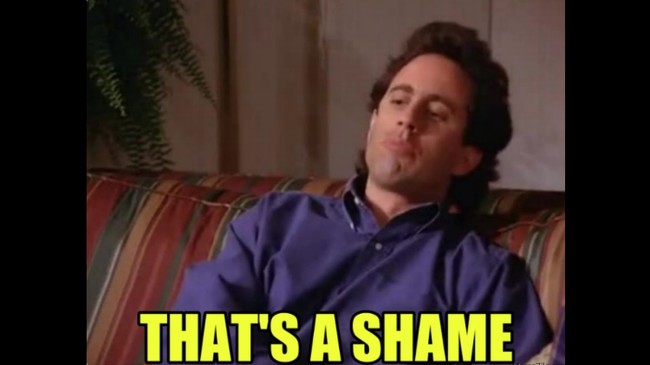The Supreme Court has affirmed President Donald Trump‘s authority to dismiss members of the Consumer Product Safety Commission (CPSC), a federal agency designed to operate independently from political influence. On Wednesday, the justices granted an emergency request from the Trump administration, effectively blocking a ruling from a Maryland-based federal judge that had reinstated three members appointed by former President Joe Biden.
The justices’ decision means that the CPSC currently lacks a quorum necessary to fulfill its responsibilities aimed at protecting consumers from defective products. The three individuals affected by the ruling—Mary Boyle, Alexander Hoehn-Saric, and Richard Trumka Jr.—were reinstated by the lower court after their dismissal was deemed improper. The Supreme Court’s ruling underscores the power of the Executive branch as outlined in Article II of the U.S. Constitution.
The CPSC was established to function without political pressures; however, this recent decision highlights the tension between independence and executive authority. Under existing law, commission members can only be removed for “neglect of duty or malfeasance.” Despite this, Trump has previously exercised similar authority to reshape other federal agencies, indicating a broader strategy to assert executive control over federal appointments.
The implications of this ruling extend beyond mere political maneuvering. Without the three reinstated commissioners, the five-member commission cannot effectively operate, raising concerns about consumer protection and regulatory oversight. Critics argue that removing appointees without substantial cause jeopardizes the agency’s mission and could lead to increased risks for consumers.
In an article published by NBC News, the lack of expert analysis regarding the potential consequences of the firings has been a point of contention. Some commentators have expressed alarm at the absence of discussion surrounding the practical implications of diminished regulatory power. The CPSC’s ability to evaluate and respond to unsafe products is crucial in safeguarding public health and safety.
While some supporters view the Supreme Court’s decision as a necessary affirmation of presidential power, detractors see it as a sign of political overreach that threatens the integrity of independent agencies. As the situation develops, the impact of this ruling on consumer safety and the CPSC’s future operations remains to be seen.
This ruling is a significant moment in the ongoing debate over the balance of power among the branches of government and the role of independent regulatory agencies. As the nation grapples with these issues, the actions of the CPSC and its leadership will be closely monitored, particularly in light of the current political climate.






































































